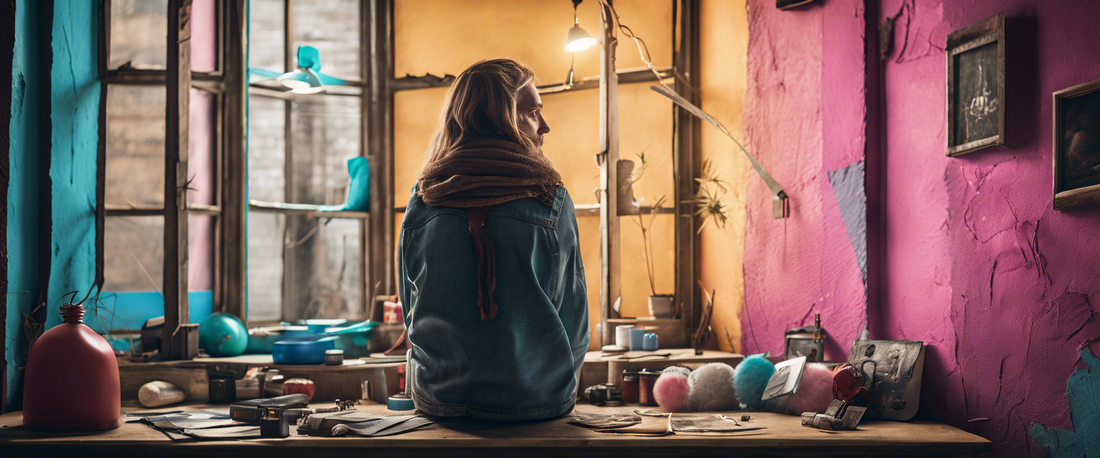
GPT4All Tutorial: Build a Product Idea Generator Using Stable Diffusion
Share
Unlocking Creativity with Stable Diffusion and GPT-4-All
If you're seeking inspiration for innovative product ideas or looking to develop your AI application, you're in the right place. This tutorial focuses on leveraging Stable Diffusion alongside GPT-4-All to help you conceive and visualize new product concepts effortlessly.
What is GPT-4-All?
GPT-4-All is an open-source chatbot created by Nomic AI. It has been trained on a vast selection of curated interactions including word problems, multi-turn dialogues, code snippets, poems, songs, and stories. This rich training allows GPT-4-All to generate human-like responses and serve as an excellent tool for product idea generation.
Setting Up Your Project
- Start by creating a dedicated directory for your project.
- To use the Stable Diffusion API, you'll need to obtain an API Key. Visit DreamStudio to register and get your API Key.
- Create a
.envfile in your project directory and add the API Key along with any other necessary environment variables. - Install the required libraries using pip to ensure your application has all the necessary functionalities.
Building the Flask Application
Now, let’s create an app.py file where we’ll start coding our application.
Importing Libraries
We'll begin by importing all necessary libraries and loading our environment variables:
from flask import Flask, request, jsonify
import os
# Other necessary imports
Initial Setup
Next, set up a Flask application with Cross-Origin Resource Sharing (CORS) enabled. This allows our application to accept requests from external sources, making it user-friendly.
Creating the API Endpoint
We will define an endpoint that listens for product ideas. The application will utilize GPT-4-All to generate a product name and description.
@app.route('/generate', methods=['GET'])
def generate():
prompt = request.args.get('prompt')
product_name, product_description = gpt_generate(prompt)
image_path = generate_image(product_name)
return jsonify({'name': product_name, 'description': product_description, 'image': image_path})
When you access the endpoint using a URL, such as http://localhost:8000/generate?prompt=Cooking%20app, you will receive a JSON response containing the generated product name, description, and a path to the corresponding image.
Generating Images with Stable Diffusion
The generate_image function formats the prompt for the Stable Diffusion API and saves the image in your project directory. This way, your product not only has a name and description but also a striking visual representation.
Running the Application
Execute your application by running:
python app.py
You can test the functionality by entering different prompts in the browser.
Creating a Simple User Interface
For added convenience, you can create an index.html file that uses JQuery and AJAX to interact with our Flask API via a simple user interface. This page can include an input field and loading buttons to initiate the idea generation process.
Final Thoughts
This application serves as a foundational tool for generating exciting new product ideas. You can further enhance it by adding styling and refining the generative prompts. Additionally, don't hesitate to experiment with different models like Mosaic's MPT to find the one that best suits your needs.
For the complete code and additional inspirations, check out the final repository. Embrace your creativity and let Stable Diffusion and GPT-4-All guide you towards your next big idea!


